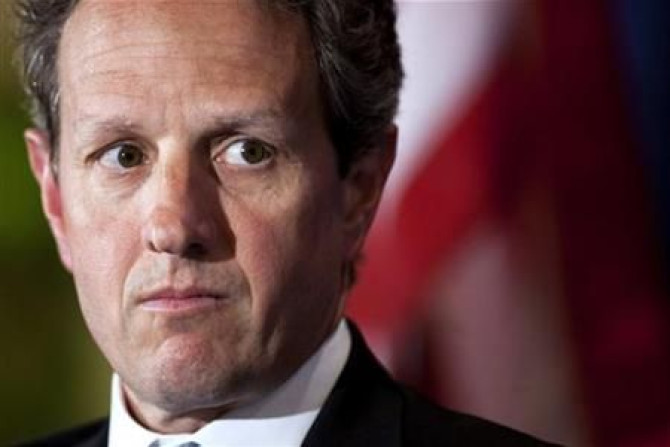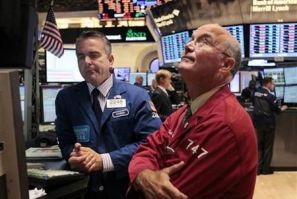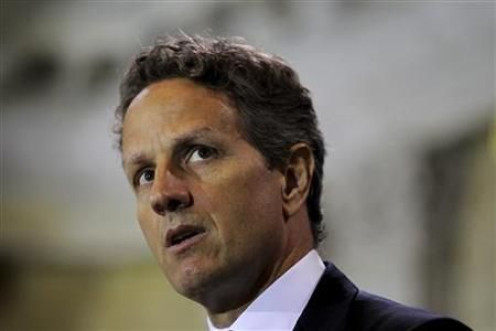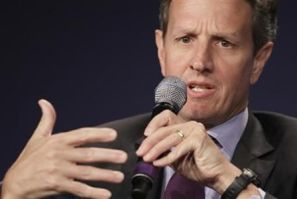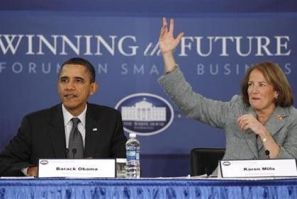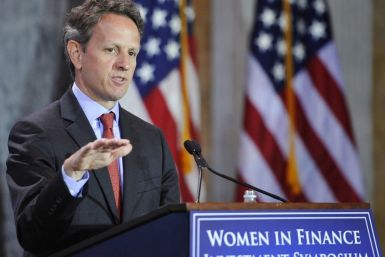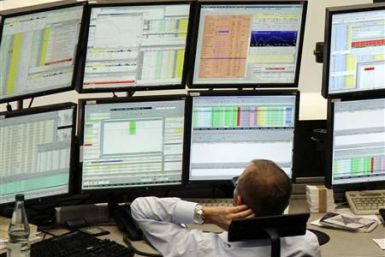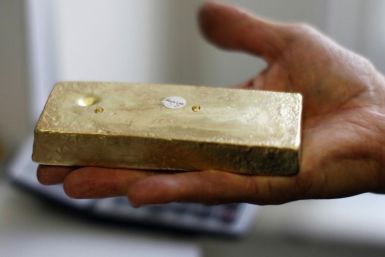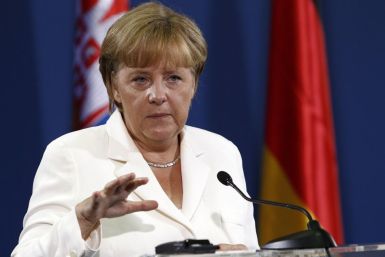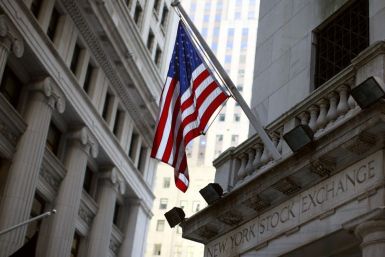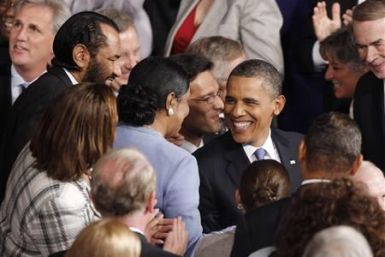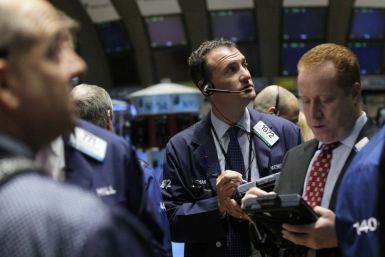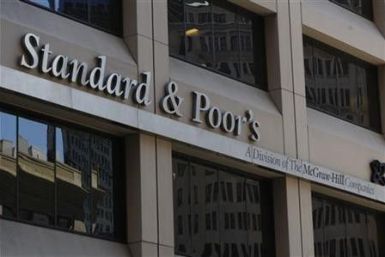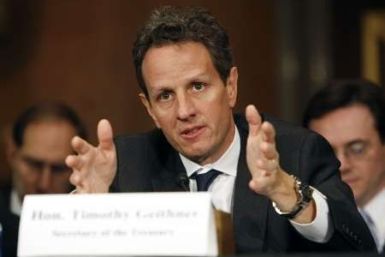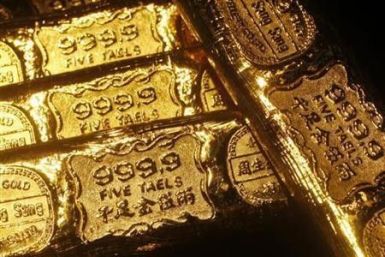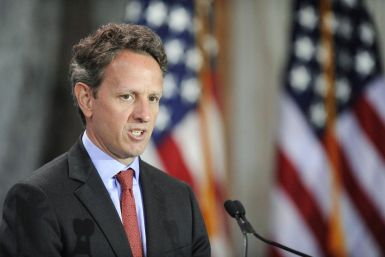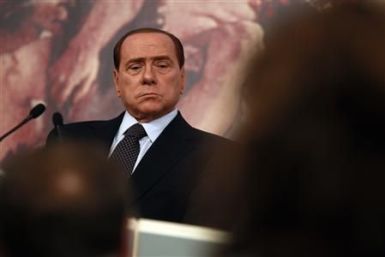U.S. Treasury Secretary Timothy Geithner said Wednesday the global financial crisis, which has experienced two stages, is not likely to see a third -- as least not one emanating from Europe's banking sector.
Gold fell by nearly 1 percent on Tuesday after European leaders appeared to take a fresh step toward quelling the euro zone debt crisis, which dented other safe-haven assets, in spite of more data highlighting the fragility of the U.S. economy.
Gold eased on Tuesday, taking its cue from the decline on the stock market after a downgrade of the debt of two major French banks because of their holdings of Greek debt.
Moody's Investors Service cut the credit ratings of France's Credit Agricole SA and Societe Generale on Wednesday, citing their exposure to Greece's debt, a fresh blow to euro area leaders struggling to restore confidence in the region.
Asian stocks, U.S. index futures and the euro fell on Wednesday as investors remained unconvinced that euro zone leaders have a coherent plan to tackle the bloc's sovereign debt problems, which many fear could trigger a new banking crisis.
Silver prices fell in electronic trading Tuesday afternoon following a big 2.4 percent gain during floor trading as the possibility that Europe's industrial activity will plunge took some shine off the white metal.
Greece's exit from the euro zone would inflict untold damage on Europe's economy, further burnish the attractiveness of a rising Asia and hasten the emergence of China's yuan as a global currency.
Gold prices rose Tuesday on global concern about the future of the euro zone, the continent's currency and the fragile state of worldwide economic growth.
U.S. investors remained concerned that Europe's leaders are not getting ahead of the Greek crisis, which could result in a full-fledged Europe bank crisis, even as German Chancellor Angela Merkel, while not committing more German funds to possible intervention, again dismissed talk of a Greek default.
U.S. stocks tumbled on Friday after the top German official at the European Central Bank resigned in protest of the bank's bond-buying program, which has been a major tool in fighting the region's debt crisis.
President Barack Obama's jobs package could lift economic growth by one to three percentage points in 2012, add well over one million jobs and lower the unemployment rate by at least half a percentage point, judging by early estimates.
G7 finance chiefs meet on Friday under heavy pressure to take action over flagging growth in rich nations and calm the biggest confidence crisis to hit the global economy since the 2007-09 credit crunch.
President Obama announced Monday that he has chosen Princeton University labor economist Alan Krueger to serve as the top economist in the White House.
Does anyone recall last Monday's stock market panic?
The White House has identified two economists to fill vacant seats on the Federal Reserve's powerful seven-member board, the Wall Street Journal reported on Friday, citing unnamed sources.
The amount of negative attention Standard & Poor's has received since its decision to downgrade U.S. long-term debt, would make it seem like the rating agency is public enemy number one.
Treasury Secretary Timothy Geithner has assured President Obama he will keep his position through the current term, despite calls for him to resign in light of the S&P downgrade.
After considering a resignation once a debt deal was reached, U.S. Treasury Secretary Timothy Geithner confirmed on Sunday that he will remain at his post at President Barack Obama's request, making him Obama's longest-serving economic adviser after the first-ever U.S. credit downgrade.
Global investors flock to precious metal as safe haven.
Bullion roared to record highs above $1,700 an ounce on Monday as an unprecedented downgrade to the U.S. credit rating sent investors scrambling out of riskier assets, hammering equity markets and the dollar.
Treasury Secretary Timothy Geithner, who had considered stepping down after the government borrowing limit was raised, confirmed on Sunday that he will remain at his post at President Barack Obama's request.
The European Central Bank stepped into bond markets on Monday, backing up a pledge to support Spain and Italy with the aim of averting financial meltdown in the euro zone, while the G7 and G20 offered soothing words to investors shaken by a historic downgrade of the U.S. debt rating.


